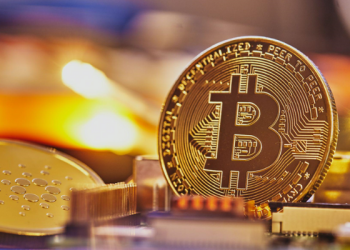The financial services industry, braced for what could be its biggest disruption in decades, is about to get an early glimpse at the Federal Reserve’s work on a new digital currency.
Wall Street is not thrilled.
As soon as July, officials at the Federal Reserve Bank of Boston and the Massachusetts Institute of Technology, which have been developing prototypes for a digital dollar platform, plan to unveil their research, said James Cunha, who leads the project for the Boston Fed.
A digital currency could fundamentally change the way Americans use money, leading some financial firms to lobby the Fed and Congress to slow its creation — or at least ensure they’re not cut out.
Seeing the threat to their profits, the banks’ main trade group has told Congress a digital dollar isn’t needed, while payment companies like Visa Inc. and Mastercard Inc. are trying to work with central banks to make sure the new currencies can be used on their networks.
“Everyone is afraid that you could disrupt all the incumbent players with a whole new form of payment,” said Michael Del Grosso, an analyst for Compass Point Research & Trading LLC.
Lawmakers, U.S. Treasury Department officials and the Fed haven’t yet approved the rollout of a U.S. virtual currency, which could still be years away. Nor have they decided how a digital dollar would interact with the existing global payments network. Still, the U.S. and other countries seem committed enough to digitizing their currencies that it’s making financial industry executives nervous.
“The fire has been lit,” said Josh Lipsky, who has helped convene government officials from the U.S. and other countries working on digital currencies as director of the GeoEconomics Center at the Atlantic Council. “The world is moving very quickly on these projects.”
Adopted from Bloomberg











